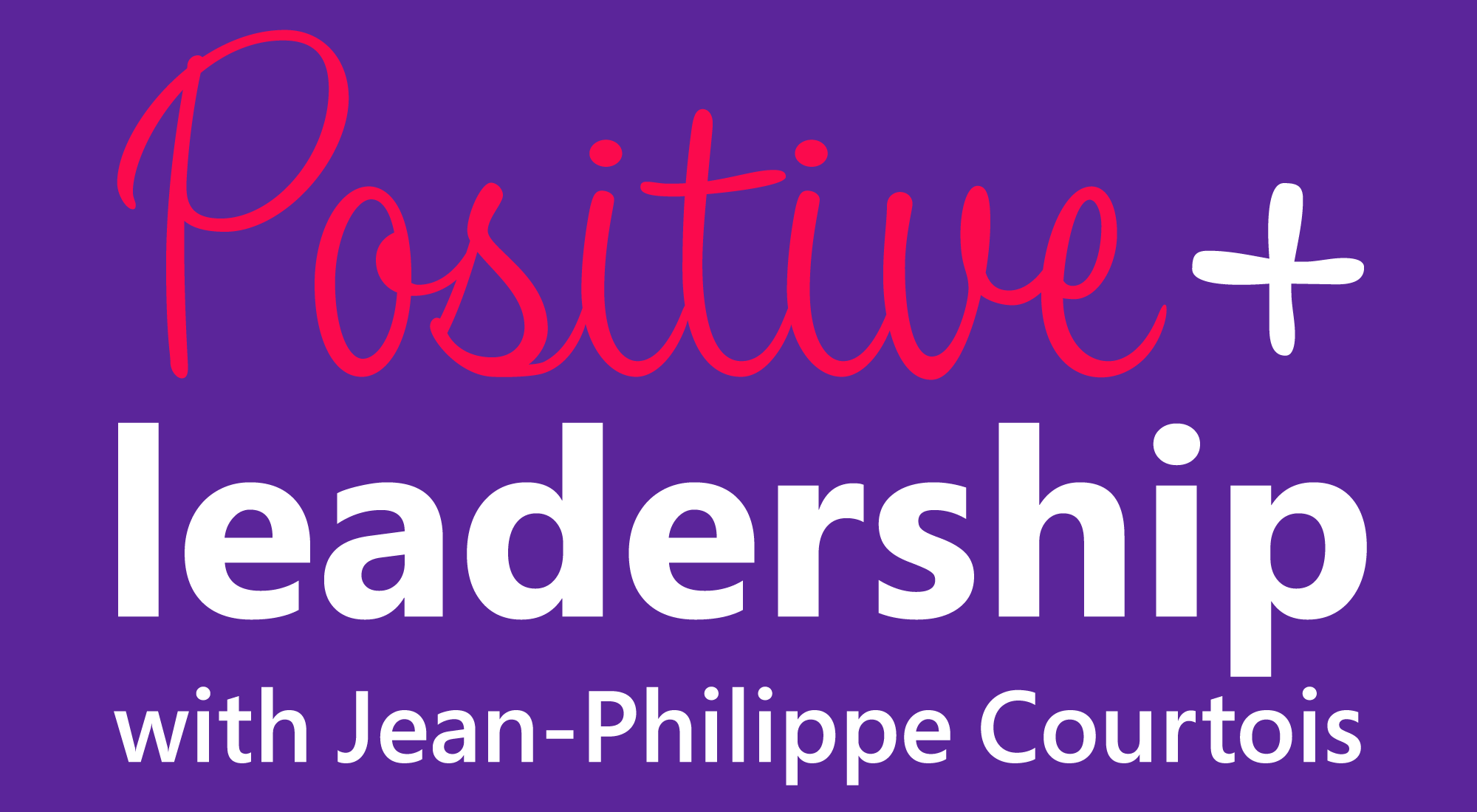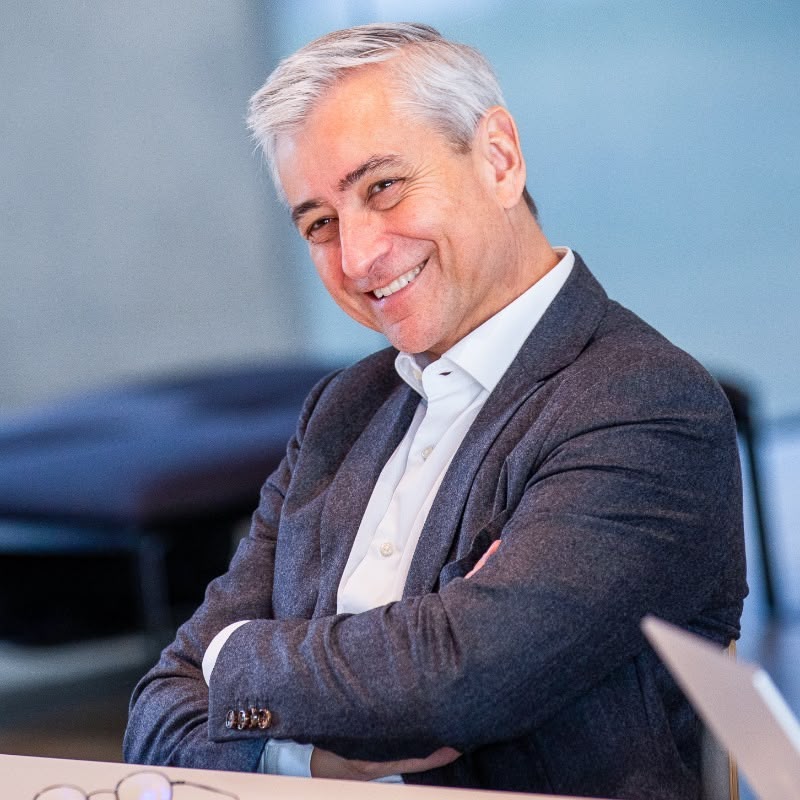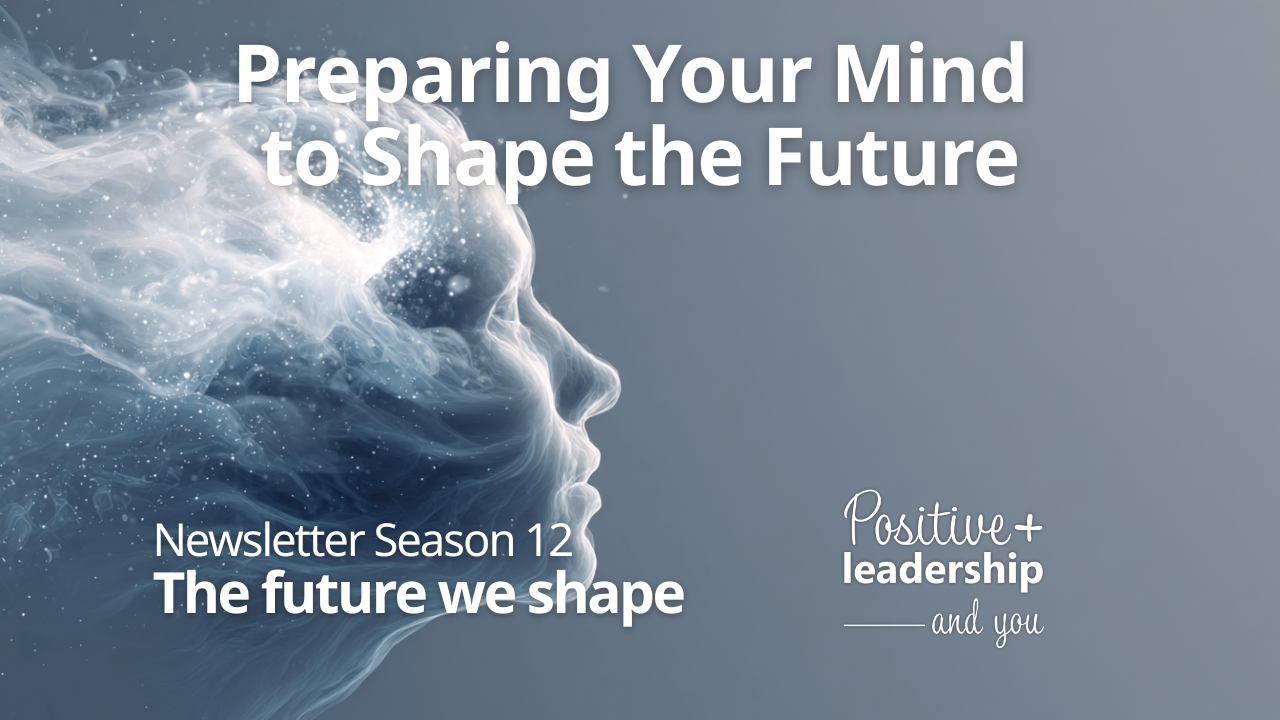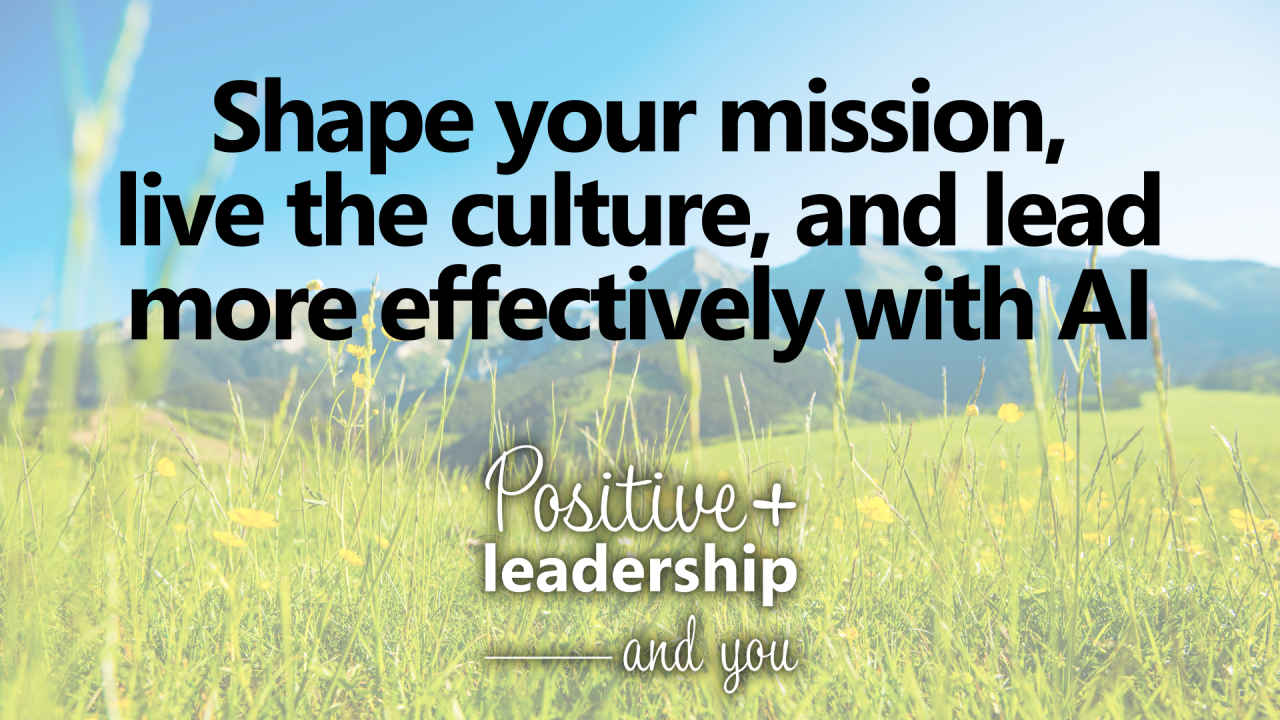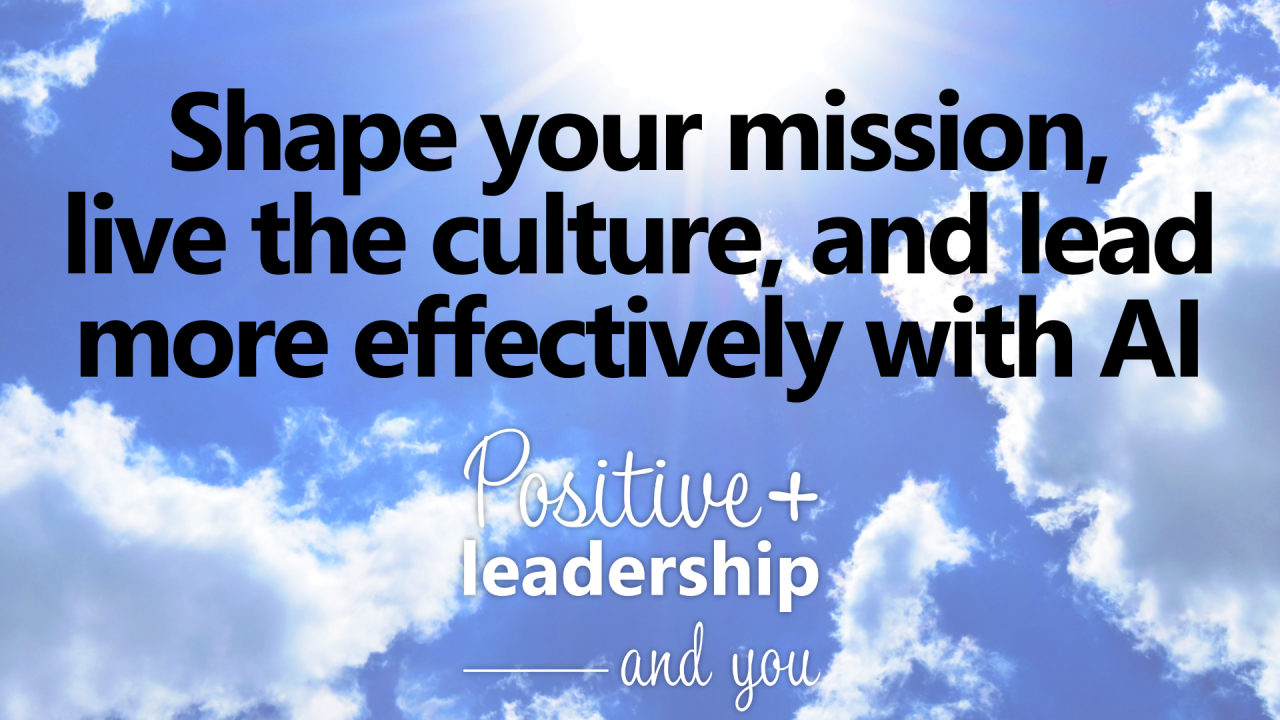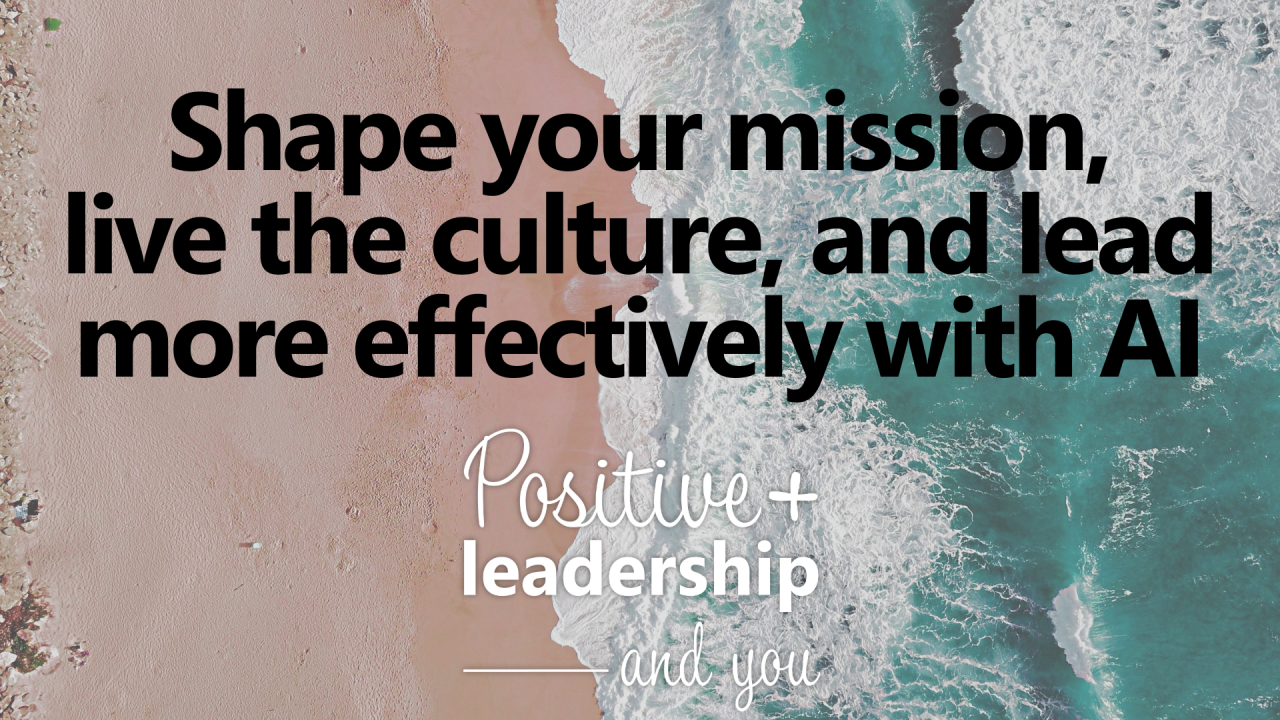10 Nov 24
ME: EMPATHY AS A FOUNDATION FOR INCLUSION
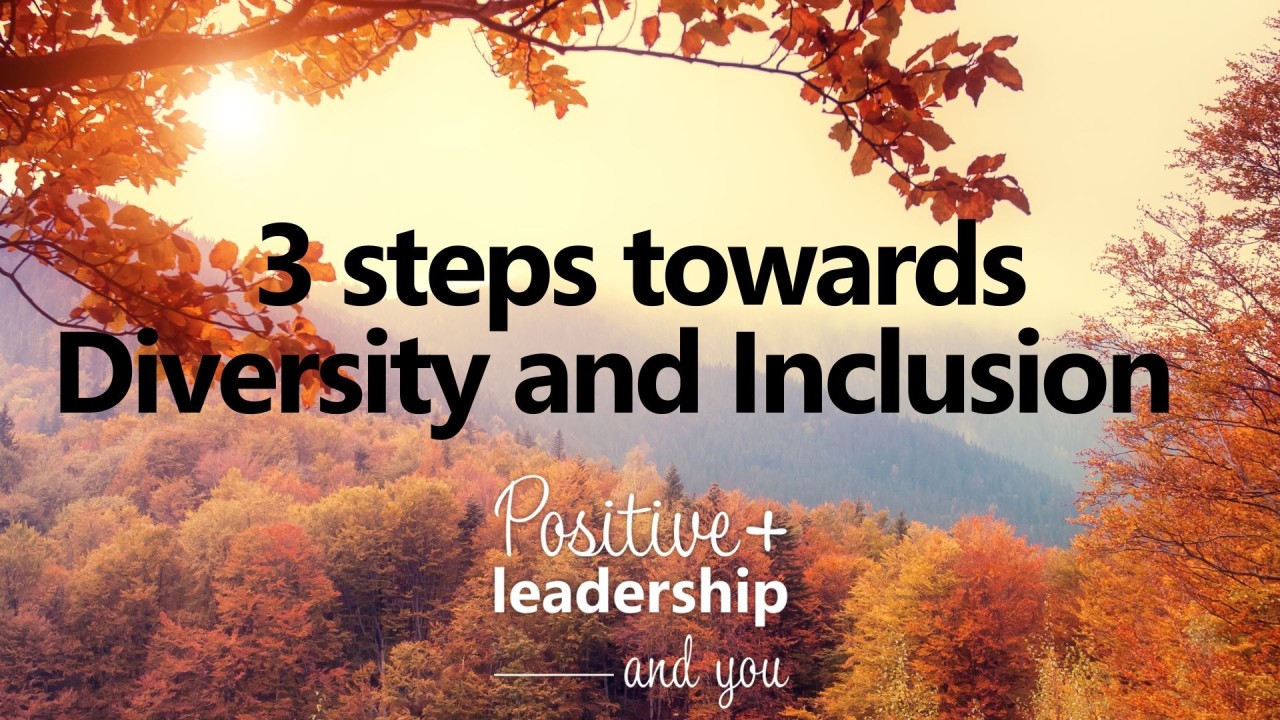
Welcome to the first edition of the new version of my "Positive Leadership and You" newsletter!
In this first quarterly series, we will explore "Empathy, Creativity, and Innovation for Diversity and Inclusion"— essential themes that shape our leadership journey. Each month, we’ll delve into one of the three dimensions of Positive Leadership: Me, Me and Others, and Me and the World.
To start with, this month, we’ll focus on a crucial aspect of the “Me” side: empathy. We’ll delve into how empathy can transform our leadership approach and foster a more positive and inclusive environment for our teams.
Empathy is more than just a nice-to-have quality; it’s a fundamental component of effective leadership. It allows us to create an environment where team members feel valued and understood, ultimately leading to higher levels of engagement and collaboration. In this newsletter, we’ll explore two sub-themes that highlight how empathy can transform our leadership style.
1.Developing Active Listening and Understanding in Leadership
Active listening is the cornerstone of empathetic leadership. As Daniel Goleman emphasizes, “One of the bad habits of executives and managers and leaders is poor listening. Someone comes in, starts talking, and the leader takes over the conversation – doctors do it, parents do it, teachers do it – and it means you don't really understand the other person.” By truly hearing what our team members say, we create a space for open dialogue, fostering deeper connections and a sense of belonging.
Optimizing your performance with emotional intelligence (with Daniel Goleman)2. How Empathy Builds Trust and Respect Within Teams
When leaders demonstrate empathy, they cultivate an atmosphere of trust and respect. To quote again Daniel, he explained: “There are three kinds of empathy, very different, and the leader needs all of them. Cognitive empathy, I understand how you think and the language you use to explain reality to yourself, I can use those same terms to message you effectively. The second is emotional empathy, a very different part of the brain, and that means I know how you feel, I sense it too, and that allows a leader to be on target in what they say and when they say it and how they say it. And then the third I think is really important, very often ignored, it’s called empathic concern, typically. It means I not only know how you think and feel, I care about you. This is what develops trust. This is what lets a leader influence and guide and coach. This is what makes a leader someone we like, and then putting that all together to have effective leadership relationships.”
Recommended by LinkedIn
Satya Nadella , Microsoft 's CEO, often emphasizes the power of empathy in finding meaning in work. His leadership style is a testament to the transformative role empathy can play in shaping organizational culture. He encourages us to develop empathy as a daily desire to learn from each person you encounter. I’ve had the privilege of experiencing this unique ‘power’ firsthand, both in my interactions with Satya and as a witness to moments where his empathetic concern brought profound impact to sensitive situations.
Finding meaning in your work (with Satya Nadella, Microsoft CEO)Reeta Roy also talks about empowering others to thrive through deep empathy. Her perspective on leadership highlights the importance of uplifting those around us. And of course, as you individually work on your empathy, you can help and empower others. “People follow a leader or they follow a mission because they believe in it. They believe and it resonates with something in their core and their passion. And so part of leading is also creating space for others and to recognize that the work we do is daunting, it's challenging work and it is not the work of one person or even two, it is the work of many. And so part of the joy, the challenge, sometimes the difficulty or even frustration of leading is creating the space, it is navigating the journey, but recognizing everybody plays a role in contributing to this.”
Empowering others to thrive (with Reeta Roy)In my own journey, I strive to practice empathy daily. For me, at Microsoft before it often involved deep listening of customers and employees daily and even today with Live for Good , where I love to learn from youth their personal challenges, perspectives, aspirations and try to help building their self-confidence. This practice not only strengthens our relationships but also enhances our collective effectiveness as teams and as communities.
As we embark on this exploration of empathy, I encourage you to reflect on ways to integrate it into your leadership style and experience how it can help you build a deeper appreciation for diversity and inclusion. As a reminder, here are the top 3 practical recommendations from Daniel Goleman to develop and nurture your empathy. Goleman's approach to empathy revolves around these three core techniques:
- Active Listening Without Judgment: Focus on the other person without planning your response.
- Cultivating Cognitive Empathy: Practice seeing situations from the other person’s point of view.
- Developing Emotional Self-Awareness: Understand your own emotions to be more available to others.
And now as a little preview, I can announce that next month we’ll focus on “Me and Others – Creating a Culture of Creativity & Innovation”. Can’t wait.
I look forward to hearing your thoughts and experiences as we navigate this journey together. Let’s make empathy a driving force in our leadership practices! And of course, I invite you to subscribe to The Positive Leadership Podcast to hear more inspiring testimonies.
Best wishes,
Jean-Philippe
